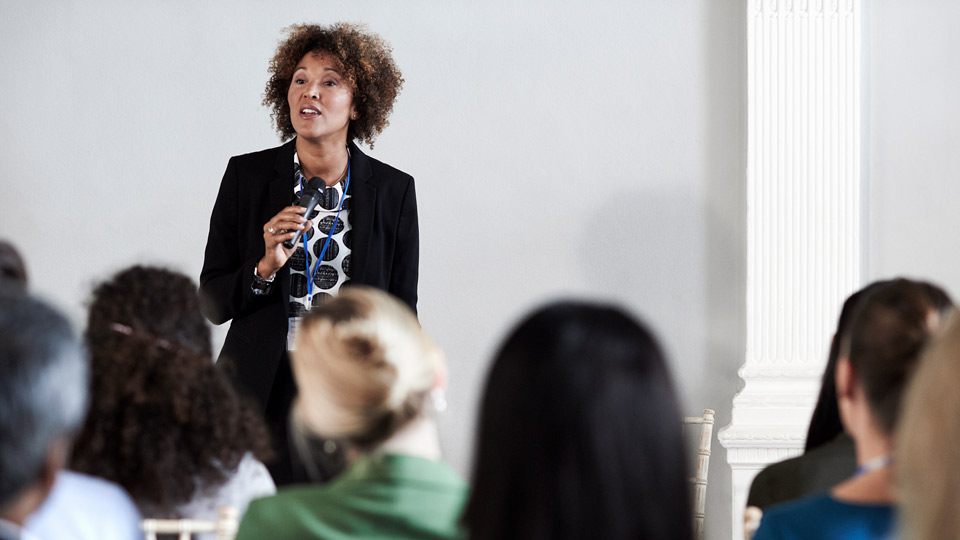Is leadership broken? The evidence to us seems clear, with many examples on a global scale, such as the climate crisis which had been predicted in our youth, ignored by world leaders for decades and now threatening to overwhelm humanity. We had also witnessed awful examples of misguided, outdated modes of leadership from our own personal career journeys.
We decided to explore whether there was something we could build from our shared view of leadership and the effectiveness of mindful practice in transforming it.
Mindfulness is the capacity to be more present, more aware and to bring to that awareness qualities like non-judgement, kindness, and compassion. The way we turn up as leaders, defines us. Our capacity to maintain a centre and sit with difficulty and challenge, as well as success is foundational. Mindfulness can help leaders develop that capacity, or presence, and gives us a choice in how we turn up and act.
On a practical level, a leaders’ capacity to be mindful and aware enables them to choose how to respond to a situation and that choice has consequences. Our actions and words have an enormous impact on the people around us and our team’s ability to perform.
For example, if bad news hits a project, does the leader become anxious and flustered which then engenders a sense of fear that flows through their team? Or, are they able to take stock, have a sense of perspective, purveying a sense of confidence and thereby enabling the team to address the crisis?
We wanted to bring something to the growing number of leaders who already practice mindfulness. There are an increasing number of global brands emulating our elite sports people in recognising the power of mindfulness. Raheem Sterling said, when asked about his mindfulness practice during this year’s Euros: “Your brain is your greatest and weakest tool.”
Companies like HSBC, GSK, Roche, EY and SAP are all developing international mindfulness networks. Our attitude could be neatly described by this David Bowie quote: “It is terribly dangerous for an artist to fulfil other people’s expectations. They generally produce their worst work when they do that.”
For leaders to emulate the culture in which they started their leadership paths, is no less dangerous for them than for artists. It has also been described as “if we grew up in the world of “lunch is for wimps”, then letting go of some of those attitudes and developing more human elements of our leadership in order to be ready to face the challenges ahead, is urgent as well as empowering.
For instance, do we fear that we will be judged for taking a break, perhaps telling ourselves that we haven’t done enough and don’t deserve a break? Maybe, leaders drive their teams so hard that they don’t take breaks?
However, the evidence shows that they will perform less well, particularly later in the working day. If leaders can have the capacity to show themselves and their teams’ kindness, they can safely take that break and be far more effective throughout the day.
Together we’ve created the Radical Mindful Leadership Programme, which provides time and a safe space for leaders to develop their practice and enables them to let go of the aspects of their leadership that hold them back from being their true selves, from being fully human.
We facilitate this by encouraging leaders to practice together, explore their leadership journeys and by focusing on the 10 attitudes foundational to mindfulness and how these apply practically to leadership. Participants are required to have an established mindfulness practice and there is almost no teaching. This programme helps leaders to find their own leadership, not to replicate a leadership model.
And having completed the programme, participants are invited to join an online community where they can benefit from and offer insights and inspiration to all the other programme graduates.
Undoubtedly there are some great individual examples of really positive leadership but in general, leadership has been failing and something needs to change. Our hope is that mindful leadership will become the norm and leaders in future will be more human, uninhibited and compassionate, creating happy and productive workplaces.

